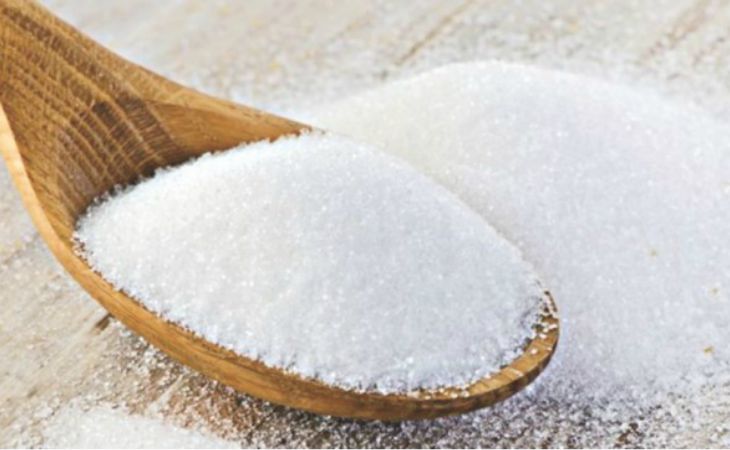You’ve probably heard that sugar is bad news. And you might wonder what all the fuss is about – it’s not like you not eat spoonfuls of sugar every day. But here’s some news for you – everything we eat has sugar. And if we’re not careful, we might be at risk of weight gain, heart diseases, type 2 diabetes and other lifestyle diseases.

did you know the upper limit for added sugar per day for an adult is maximum 5 teaspoons, and this would include sugar we indirectly consume.
Carbohydrates we consume break down into blood sugar. The more food we eat, the more sugar we absorb. And believe it or not – processed food items are loaded with sugar.
How much added sugar does common processed food really have?
- Common soft drinks: 7.25 teaspoons of sugar (330 ml)
- Froot Loops: 8.46 teaspoons of sugar (100 g serving)
- 1 Snickers bar: 5.83 teaspoons of sugar (57 g)
- A cup of masala chai – normally 1.5 teaspoons of sugar
Having a can of softdrink might seem harmless. But having 1 can/day for 365 days? That’s around 2646 spoonfuls of sugar in a year! Fruits on the other hand contain fructose, which is considered to be healthy, and a part of a well-balanced diet. And when eating fruits, some of the harmful effects of sugar is counterbalanced by the fiber you end up consuming at the same time.
A study in the Journal of the American Medical Association (JAMA) mentions that consuming large amounts of added sugar results in high bad cholesterol levels. In other studies, neuro scientists have found that sugar leads to dopamine release in our brain – a feel-good chemical also released in response to drugs like cocaine and heroin. No wonder people many are as addicted to sugar!
But the problem doesn’t always lie in the lack of knowledge, but in applying it. A study mentions that people with constant sugar cravings often continue to consume unnecessary amounts of sugars, despite being aware of bad consequences.
Recently, there’s been a major increase in the amount of simple sugars consumed by kids. And with the fast-paced life of a school-going child, juices, sodas, sweetened cereals, and cookies seem like an easy snack option. As a mother of two, I’ve had to consciously make healthy, nutritious snack-decisions for my family. In addition to that, we also include physical activity and exercise as a part of our daily routine – it has proven help lower blood-sugar spikes.
Experts in the industry say that we need not go cold turkey on sugar. In fact, we can’t. But regulating and at least reducing sugar in your diet definitely is worth it. Include quality protein and fibre to help slow down the digestion of carbohydrates, which will balance out your sugar absorption. Making changes might be difficult at first. But doing it for the sake of your own health and wellness is never a waste – consistency always goes a long way!
References:
https://www.webmd.com/food-recipes/features/health-effects-of-sugar#1
https://www.healthline.com/health/and-after-effect-eating-blood-sugar#when-you-eat
https://www.medicalnewstoday.com/articles/262978.php
https://www.psychologytoday.com/us/blog/the-mindful-self-express/201302/why-our-brains-love-sugar-and-why-our-bodies-dont

This definitely be the next preference. You are perfect, theme team. I Really enjoy the system, fonts along with the perfect subject. Thanks for a great valuable design. Great job! Keep up the ultra do the webjob!